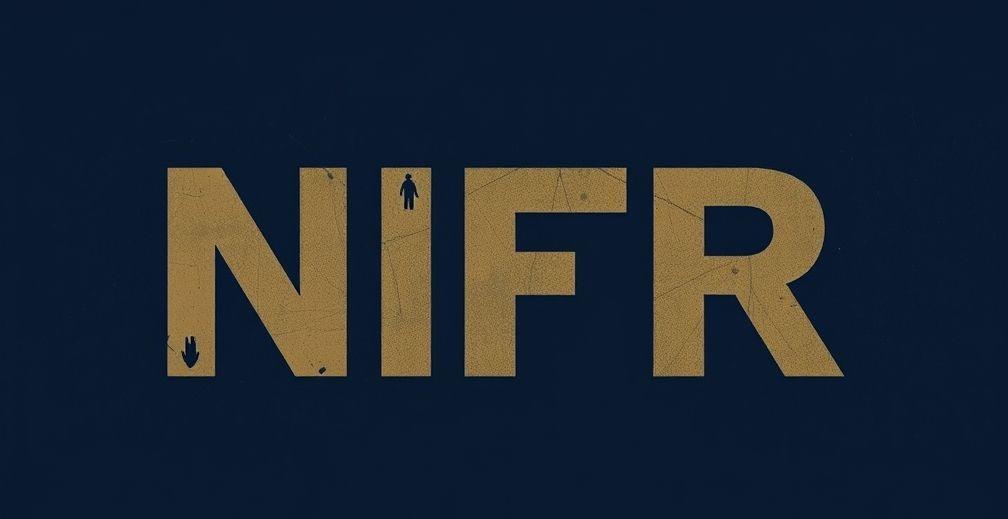The National Institutional Ranking Framework (NIRF) is set to formally integrate a negative marking system into its ranking methodology, signaling a stricter approach to addressing research malpractice and the misrepresentation of data. This initiative marks the first instance of such penalties within the framework.
Under the new regulations, institutions will face deductions from their overall scores for published papers that have been retracted by academic journals. Additionally, significant score reductions will be imposed for the citation of such tainted papers, thereby expanding the circle of accountability. Professor Anil Sahasrabudhe, chairman of the ranking committee, clarified that this measure aims to rectify a “weakness” in India’s research ecosystem, where retracted work often persists in circulation, acquiring a “false academic afterlife.”
Sahasrabudhe further explained that “retractions damage the credibility of the system,” and citing retracted papers renders them meaningless, thus requiring amplified penalties. He stated that penalizing citations demonstrates the government’s “zero tolerance towards dishonesty in academic output.” The revised framework is also intended to encourage institutions to implement stronger internal controls, such as ethics training, plagiarism detection systems, and transparent review mechanisms, to prevent any compromised citations from adversely affecting their rankings.
Source: https://timesofindia.indiatimes.com/india/nirf-to-begin-negative-marking-for-dishonesty/articleshow/124278793.cms

